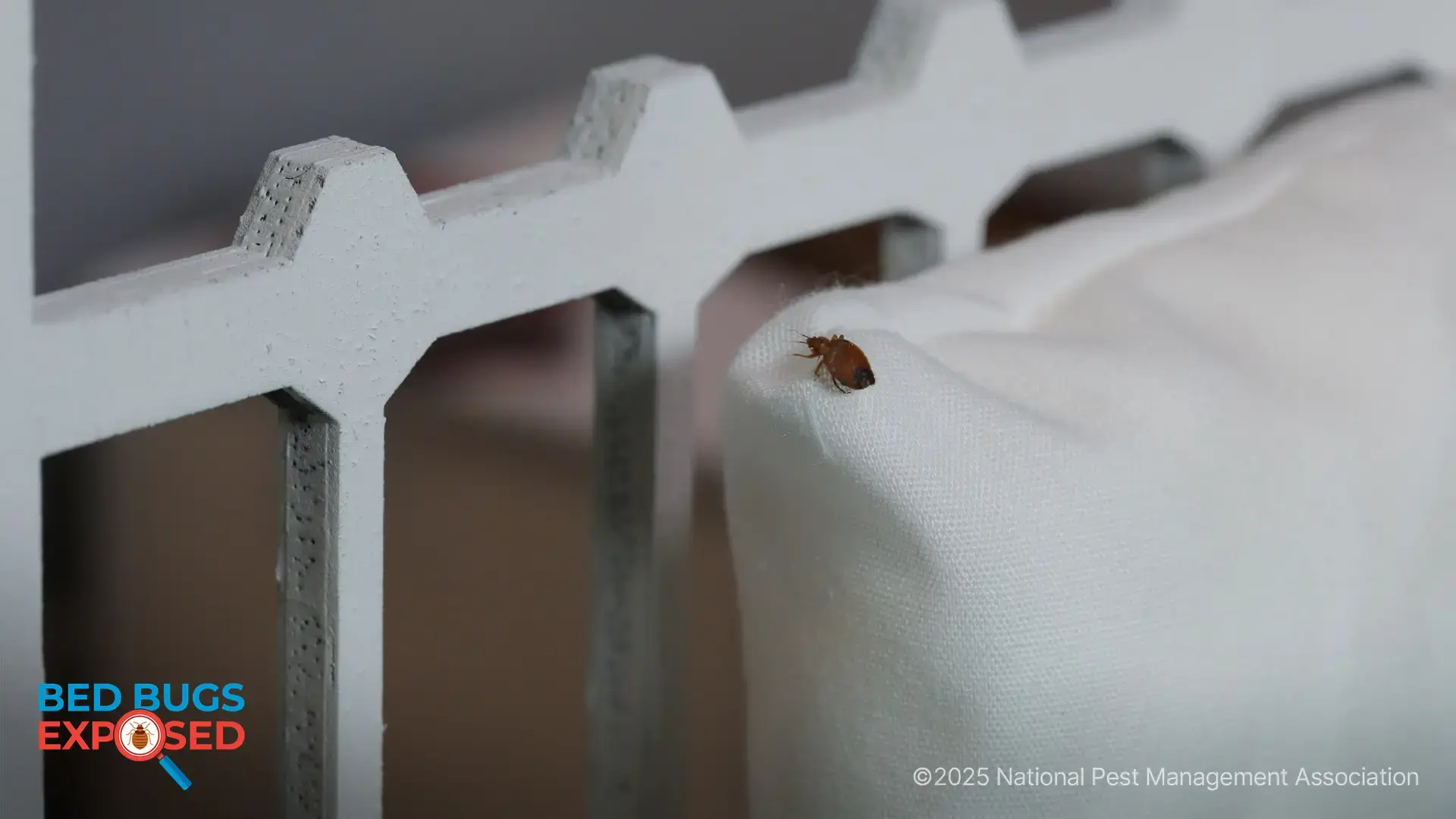Study Finds Bed Bugs Capable of Transmitting Chagas Disease
FAIRFAX, Va. (December 1, 2014) – Bed bugs are one of the most hated and difficult to control pests in the United States, but until recently, it was thought that they were merely a nuisance, incapable of transmitting any diseases to humans. However, according to a new study from the University of Pennsylvania, it might be possible for bed bugs to serve as vectors for Chagas disease, a potentially fatal illness affecting millions in Central and South America, along with 300,000 in the U.S.
Chagas disease is typically spread by the kissing bug, a close cousin of the bed bug. They transmit Chagas disease through a parasite that lives in their fecal matter. Kissing bugs defecate while they feed on humans, allowing the parasite to enter through the bite wound. Chagas disease often shows no symptoms until many years after infection, but can eventually lead to fatal heart disease.
The bed bug researchers conducted experiments in which bed bugs infected with the Chagas disease parasite fed off un-infected mice, and un-infected bed bugs fed off of infected mice. In both cases, transmission of the parasite occurred to the initially un-infected subjects. Bed bugs also defecate while they feed, and researchers found that mice were able to pick up the parasite when small open wounds came in to contact with infected bed bug feces.
This research sounds alarming, but more research is necessary to find out whether bed bugs in the U.S. are already infected with the parasite and how likely infection is to occur between bed bugs and humans outside of the laboratory environment. For now, the best course of action is to take steps to prevent contact with bed bugs, especially while traveling.

Learn About Rodents
Rodents invade millions of homes each winter. Learn more about them!

NPMA's Bug Barometer Forecast
The latest Bug Barometer® forecast from the National Pest Management Association reveals what homeowners across America can expect from pest activity this fall and winter.

NPMA's Bed Bugs Exposed Project
Check out NPMA's Bed Bugs Exposed project to learn more about this hitchhiking pest and how to prevent an infestation at home.

About the National Pest Management Association
The NPMA, a non-profit organization with more than 4,000 members, was established in 1933 to support the pest management industry's commitment to the protection of public health, food and property from the diseases and dangers of pests. For more information, visit PestWorld.org or follow @PestWorld on Facebook, X, Pinterest, TikTok and YouTube and @PestWorldOfficial on Instagram.

Learn About Rodents
Rodents invade millions of homes each winter. Learn more about them!

NPMA's Bug Barometer Forecast
The latest Bug Barometer® forecast from the National Pest Management Association reveals what homeowners across America can expect from pest activity this fall and winter.

NPMA's Bed Bugs Exposed Project
Check out NPMA's Bed Bugs Exposed project to learn more about this hitchhiking pest and how to prevent an infestation at home.
